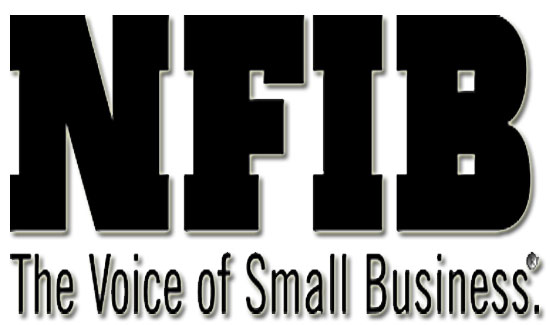PA Business Groups Support Tax Fairness Package

Bills will provide parity and consistency with federal tax policy, encourage growth and hiring
HARRISBURG (June 12, 2018 — NFIB, which represents thousands of small businesses in the state, supports a Tax Fairness Package currently making its way through the Pennsylvania State General Assembly. The three pieces of legislation in the package will provide parity and consistency with federal tax policy, allowing our members to take full advantage of federal tax cuts to grow their businesses. A coalition of Pennsylvania business groups just joined together in support of the Tax Fairness Package, sending a letter to all state lawmakers (letter attached).
“Right now, small-business owners across the country are optimistic about the economy at unprecedented levels, and as a result, they’re investing and expanding at record levels,” said Rebecca Oyler, legislative director for NFIB in Pennsylvania. “But inconsistencies between the state and federal tax codes put Pennsylvania small businesses behind the curve. These tax bills address that lack of conformity and offer opportunities for small businesses to expand and hire. Why should Pennsylvania stand on the sidelines of a national economic boom?”
One of the bills in the Tax Fairness Package allows for like-kind exchanges. That allows a tax deferral when a property is exchanged for similar property, encouraging business expansion and hiring. Pennsylvania is the only state that does not permit like-kind exchanges.
Another bill permits small business owners to use a net operating loss against a tax bill to better cope with downturns in the business cycle. Such a change would be especially helpful to start-ups and small businesses that typically experience cyclical markets for their products. Corporate taxpayers can already do this under state law.
The final bill in the Tax Fairness Package would allow small businesses to take the full expensing deduction the year an asset is purchased, helping owners buy equipment, machinery, or other expensive items that are necessary to grow their businesses. The limit would increase from $25,000 to $1 million to match the new federal tax law, which has stimulated business growth and capital investment across the country.
###
For more than 75 years, NFIB has been advocating on behalf of America’s small and independent business owners, both in Washington, D.C., and in all 50 state capitals. NFIB is nonprofit, nonpartisan, and member-driven. Since our founding in 1943, NFIB has been exclusively dedicated to small and independent businesses, and remains so today. For more information, please visit www.nfib.com







